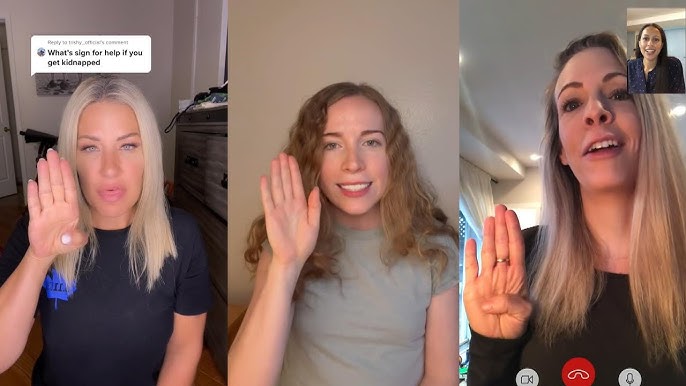
Vaccines have been hailed as one of modern medicine’s greatest achievements, credited with eradicating deadly diseases and saving millions of lives. However, could they also pose hidden risks to children? While major health organizations, including the CDC and WHO, emphasize their safety, a growing number of parents and researchers express concerns about potential side effects, long-term consequences, and corporate influence in the vaccine industry.
This article explores the controversy surrounding childhood vaccinations, examining scientific studies, parental concerns, and the role of pharmaceutical companies in shaping public health policies.
The Controversy: Are Vaccines 100% Safe?
Public health agencies assert that vaccines are rigorously tested before approval, and most children experience no serious side effects. However, reports of adverse reactions, ranging from mild fever to severe neurological disorders, have fueled skepticism among parents and medical professionals alike. Some of the most common concerns include:
1. Vaccine Ingredients and Their Potential Risks
Many childhood vaccines contain adjuvants and preservatives, such as:
- Thimerosal (mercury-based compound): Previously used in some vaccines, thimerosal has been linked to neurological concerns, although studies remain inconclusive.
- Aluminum: Used to boost immune response, but long-term effects of repeated exposure in infants remain a debated topic.
- Formaldehyde: A known carcinogen, though present in minute amounts.
While regulatory agencies argue these substances exist in safe quantities, parents question whether infants’ developing immune systems can handle repeated exposure.
2. Potential Links to Neurological Disorders
Several studies have examined whether vaccines could contribute to neurological conditions like autism, ADHD, and developmental delays. The most infamous claim was a now-debunked 1998 study linking the MMR (measles, mumps, and rubella) vaccine to autism. Despite this study being retracted, some parents continue to report changes in their children’s behavior post-vaccination, prompting calls for further independent research.
3. Autoimmune Reactions and Chronic Illnesses
Emerging research suggests a potential link between vaccines and autoimmune diseases such as:
- Guillain-Barré Syndrome (GBS): A rare disorder where the body’s immune system attacks its nerves, sometimes linked to flu vaccines.
- Juvenile arthritis and Type 1 diabetes: Some studies indicate a rise in these conditions, though causation remains unclear.
- Severe allergic reactions: Some vaccines trigger anaphylaxis in rare cases, necessitating emergency medical care.
While these risks are considered statistically low, affected families argue that even rare side effects should not be dismissed.
The Role of Big Pharma and Government Mandates
Pharmaceutical companies generate billions of dollars annually from vaccine sales. Critics argue that this financial incentive may compromise transparency, as companies conduct their own safety trials.
Additionally, government mandates requiring vaccinations for school attendance have sparked legal and ethical debates. Should parents have the right to choose? In the U.S., vaccine injury compensation programs exist, acknowledging that adverse reactions, though rare, do occur. Yet, many parents remain frustrated by the lack of accountability and difficulty in proving vaccine-related harm.
Weighing the Risks vs. Benefits
Supporters of vaccines emphasize their undeniable success in preventing deadly diseases like polio, measles, and whooping cough. Public health experts argue that vaccine hesitancy leads to outbreaks, putting both vaccinated and unvaccinated individuals at risk.
However, parents advocating for medical freedom believe informed consent is critical. They call for more independent research, personalized vaccination schedules, and open discussions about potential risks.
Conclusion
The debate over childhood vaccines is far from settled. While they remain a cornerstone of public health, concerns over side effects, corporate influence, and ethical considerations persist. More transparency, independent studies, and honest discussions between parents and medical professionals may be key to resolving the ongoing controversy. Should parents blindly trust the system, or demand more answers? 🤔💉




